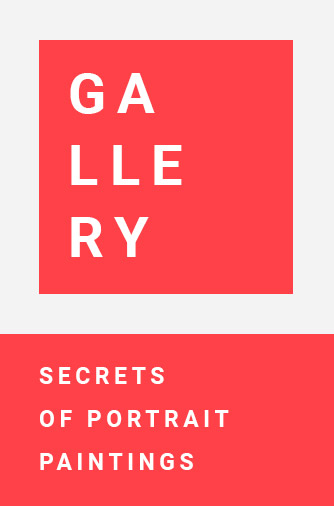The live music industry has undergone a significant transformation over the past decade, largely driven by the growth of social media platforms. In Australia, this shift has been particularly pronounced, with artists, venues, and fans alike leveraging these digital tools to enhance the live music experience. This blog explores how social media has impacted the live music scene in Australia, highlighting the benefits and challenges it presents.
Connecting Artists and Audiences
One of the most profound impacts of social media on the live music industry is the way it connects artists with their audiences. Instagram and Facebook, the most used social media in Australia, have become essential tools for musicians to engage with their fans. This direct line of communication allows artists to build and maintain a loyal fan base by sharing behind-the-scenes content, updates on new releases, and information about upcoming shows.
For instance, Australian artists such as Tones and I and Courtney Barnett have used social media to cultivate a global audience. By sharing personal stories, live session videos, and interacting with fans’ comments, they create a sense of intimacy and community. This engagement often translates into higher attendance at live shows, as fans feel a deeper connection to the artists they follow online.
Promotion and Marketing
Social media has revolutionised the way live music events are promoted and marketed in Australia. Traditional marketing methods, such as print advertisements and radio spots, have been supplemented and, in many cases, replaced by digital campaigns. Promoters and venues now rely heavily on social media to reach potential concert-goers, leveraging targeted ads and organic posts to spread the word about upcoming events.
For example, Splendour in the Grass, one of Australia’s premier music festivals, utilised social media extensively to generate buzz. They employed a mix of teaser posts, artist announcements, and interactive content, such as contests and live streams, to engage with their audience. This strategy not only built anticipation but also drove ticket sales by creating a sense of urgency and excitement.
Discovering New Talent
Social media platforms have levelled the playing field for new talent in the live music industry. Previously, artists needed to rely on record labels and industry connections to gain exposure. Today, aspiring musicians can upload their performances directly to social media and reach a vast audience without the need for intermediaries.
TikTok, in particular, has emerged as a powerful platform for music discovery. Australian artists like The Kid LAROI have used TikTok to showcase their music, leading to viral success and subsequent opportunities to perform live. The platform’s algorithm-driven discovery features enable users to stumble upon new artists based on their interests, thereby broadening the horizons for both musicians and fans.
Enhancing the Live Music Experience
Social media has also enhanced the live music experience itself. Live streaming, for example, has become a popular way for artists to reach fans who cannot attend their concerts in person. This was particularly evident during the COVID-19 pandemic when lockdowns and social distancing measures forced the cancellation of many live events.
Australian artists quickly adapted by hosting virtual concerts on platforms like Instagram Live and YouTube. These live streams not only kept the music alive during the pandemic but also expanded the audience beyond geographical boundaries. Fans from around the world could tune in to watch performances from their favourite Australian artists, fostering a global appreciation for the country’s vibrant music scene.
Challenges and Criticisms
Despite its many benefits, the integration of social media into the live music industry is not without challenges and criticisms. One significant concern is the issue of digital fatigue. Constant updates, notifications, and the pressure to maintain an online presence can be overwhelming for artists. This can lead to burnout and negatively impact their mental health.
The reliance on social media for promotion can create an uneven playing field. Artists with larger followings or better social media skills may dominate the conversation, while equally talented musicians without such resources struggle to gain visibility. This disparity can limit opportunities for emerging artists who lack the means to invest in social media marketing.
The Future of Live Music in Australia
Looking ahead, the role of social media in the live music industry is likely to continue evolving. Emerging technologies, such as augmented reality (AR) and virtual reality (VR), promise to further blur the lines between live and virtual performances. Australian artists and venues are already experimenting with these technologies to create immersive concert experiences that can be enjoyed from anywhere in the world.
In future, the data collected from social media interactions will increasingly inform decisions about tour locations, setlists, and fan engagement strategies. Through analysing social media trends and fan feedback, artists and promoters can tailor their offerings to meet the demands of their audience more effectively.
Final Thoughts
Social media has had a profound impact on the live music industry in Australia, offering new opportunities for connection, promotion, and discovery. While it presents certain challenges, the benefits of enhanced engagement, broader reach, and innovative experiences are undeniable. As social media continues to evolve, so too will its influence on the vibrant live music scene in Australia.





